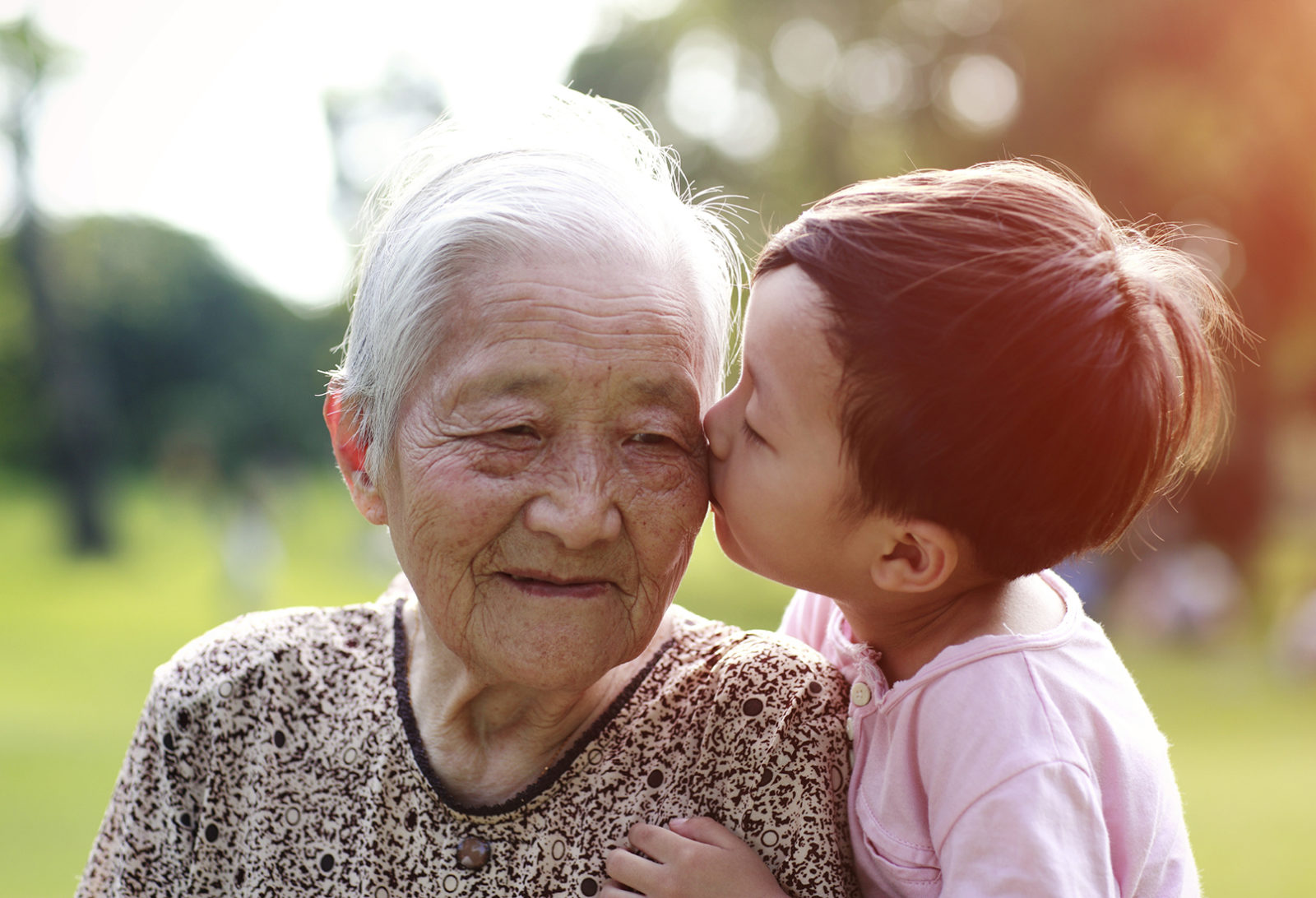Developing Long-Term Services and Supports for AAPI Older Adults with Dementia

Alzheimer’s disease is a devastating degenerative disease that causes memory loss, challenging behavior problems, and severe functional limitations. Across the nation, 13.8 percent of older Asian Americans and Pacific Islander (AAPI) residents report an increase in confusion or memory loss—the second highest of all ethnic groups.
The prevalence and incidence of Alzheimer’s disease and related dementias within AAPI communities is still not well understood, but projections suggest that dementia is rapidly increasing. Unfortunately, dementia long-term services and supports remain inaccessible to many AAPIs and their family caregivers across the nation due to language and cultural barriers.
NAPCA’s National Resource Center on AAPI Aging is building the capacity of professionals to better serve AAPI older adults with dementia and their caregivers through the following new and upcoming resources:
- Connecting with AAPIs About Dementia: An Action Guide for Service Providers—NAPCA has published an action guide for community-based service providers working to educate and empower AAPI communities about dementia. The brief shares information on why dementia is such an important issue for the AAPI community; barriers to dementia detection, treatment, and support for the AAPI community; recent findings from a research study to test culturally appropriate messages to improve early identification of dementia by engaging adult children and their families; and recommendations and resources for better reaching the AAPI community.
- Strengthening Community-Based Services for Asian-American and Pacific Islanders Affected by Dementia—This guide will be published in 2018 and is intended to educate and empower community service providers in their work with AAPI families. It’s one of the tools being created by NAPCA’s National Resource Center on AAPI Aging and the Alzheimer’s Association® through their national partnership to improve the quality of life for AAPI individuals with Alzheimer’s and their caregivers.
- Dementia Friends Translation Project—In a new project, NAPCA’s National Resource Center on AAPI Aging will partner with the University of Hawaii at Manoa to translate the resources and train AAPIs in-language as Dementia Friends, piloting the project in Hawaii for national replication. The project will also train professionals on best practices to outreach and train limited English proficient (LEP) AAPI older adults as Dementia Friends.
- Behavioral Risk Factor Surveillance System (BRFSS) AAPI Language Access Project—Another new initiative, NAPCA’s National Resource Center on AAPI Aging, in partnership with the University of Hawaii at Manoa, will develop the capacity of population-based surveillance systems to reach and engage LEP AAPI older adults using culturally and linguistically appropriate methods. Piloting the BRFSS Cognitive Decline Module in Asian languages, this project will be critical to developing the capacity for states and the federal government to collect disaggregated data within AAPI communities on cognitive decline.
NAPCA’s National Resource Center on AAPI Aging is the nation’s first and only technical assistance resource center dedicated to building the capacity of long-term services and support systems to equitably serve AAPI older adults and their caregivers. Through this program, NAPCA envisions AAPI families, like the Tsutakawa family, having access to culturally and linguistically competent dementia services that envelop the strengths of the individual and family.
Contributor Heather Chun, MSW, directs technical assistance at the National Asian Pacific Center on Aging (NAPCA), based in Seattle.
This article originally appeared in the May 2018 issue of AgeWise King County (click here).
![Aging & Disability Services for Seattle & King County [logo]](https://www.agingkingcounty.org/wp-content/themes/sads/images/seattle-ads-logo.png)